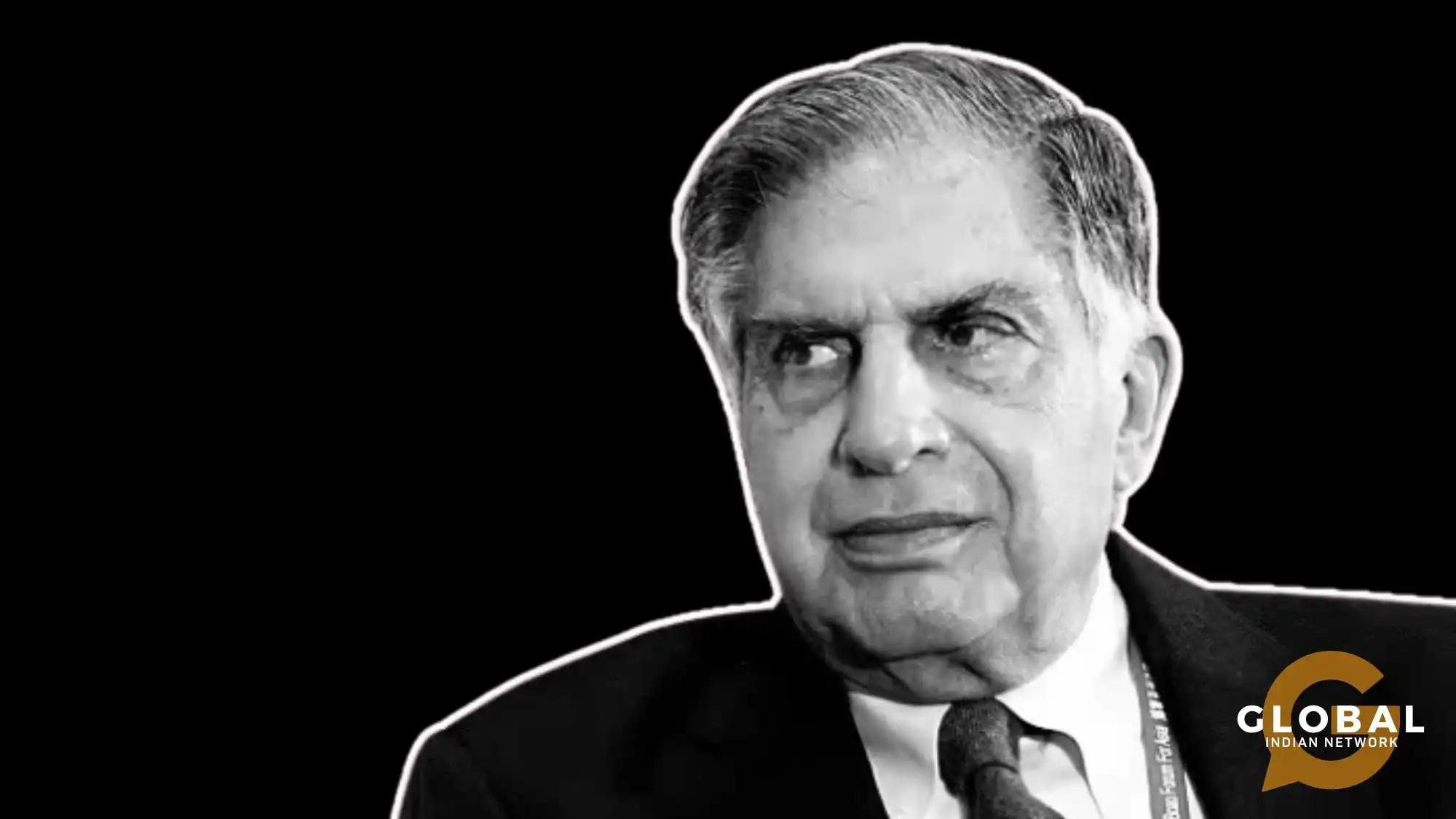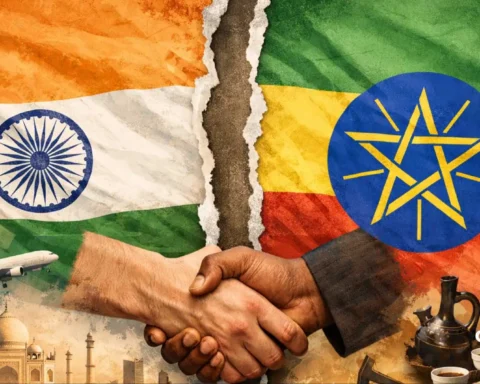Ratan Tata, a person with a great name in the Parsi community, is a perfect example of the use of innovation, resilience, and philanthropy, which are the main qualities of our heritage. The route of this man proved to be a model for several leaders in the world because of his path from a young executive to the top person of Tata Sons.
Apart from demonstrating his business acumen, he also showed an intense relationship with social responsibility and a passion for it. He enriched Tata Group by reaching out to new markets, and the moral upliftment of the community was still at the front. His measures for education, health, and rural development elicit a deep understanding of the Parsi beliefs and values. The legacy of Ratan Tata is a reminder of our shared responsibility to strive for quality while being concerned for the welfare of our communities.
Now, where does the community’s origins lie? What are the Parsi community’s beliefs and practices? Let’s dive in to find out!
The Parsi Community
The Parsi community, one of the very small communities in India, is constituted with a great multi-culture, history, and religion. Parsis are descendants of Persian Zoroastrians who migrated to India due to oppression, and they have greatly enriched the social economy and cultural dynamics of India. This gives us an understanding of the ancient yet progressive faith that the people promote and engage in their lives.

Origins of the Parsi Community
The Zoroastrians are an ancient Prophetic Religion founded by the prophet Zarathustra almost three and a half millennia ago. To give a bit of context, Zoroastrianism is known to be one of the most ancient monotheistic beliefs in the world, focusing on good and evil dualism, free will, and truth-seeking.
The origin of the Parsis in Britain may be placed about the eighth or tenth AD. Because of the Muslim invasion of Persia, they embraced religion and came to the Indian subcontinent. It is said that the first settlers of Parsis came to Gujarat, and at the discretion of some local king, they were welcomed there. The king, however, got back to the immigrants and counselled them to stay in the region but undergo assimilation. With time, they occupied the region of Gujarat and later Mumbai, where the population grew well.
Beliefs and Practices
Parsis practice Zoroastrianism, a religion that has one of its fundamental principles, which is the worship of Ahura Mazda as the highest uncreated spirit. Among the primary beliefs of Zoroastrianism are the ideas of Asha (Truth and Order) and Druj (Lies and Disorder), which accentuate the perpetual fight between good and evil. Practitioners tend to appreciate and follow the values of good thoughts, good words and good actions in every aspect of their lives.
The barest minimum of religious conduct does not exist in the Parsi religion; instead, religious services are of utmost importance, and they are held in places of worship called fire temples. Fire is considered the most sacred of all elements, so great care is exercised in its handling. The community observes several key festivals, such as Nowruz (the New Year of Persians) and the Gahambars, which are festivals that are centred on the creation and the bounty of the earth during different seasons.
Another tenet that distinguishes them is the Zoroastrian view of the life to come. Their view is that the dead are not simply interred. Some order of judgment does occur, and souls are weighed for what they did during their lifetime. This tenet instils a high moral compass in the Parsis.
Community and Culture
Although the Parsi population in India belongs to a very small minority, factors such as business, education and social work have seen their active participation. Parsi business tycoons like the Tata family have played a vital role in the economic progress and development of India. One such notable presence in modern India who belongs to the Parsi community is Ratan Tata. Along with the conglomeration of corporates that he was headed, he dated the group into newer frontiers while promoting the conduct of business in an ethical way and ensuring the ethics of care in the process of doing business.
Parsis have also shown an inclination towards education and social work. Education, health care and several philanthropic ventures are some of the many Parsi institutions that demonstrate commitment to society. History is brooded over, and a rich cultural past exists that encompasses familiar aspects like food, music, and dance. Their way of preparing and enjoying food, which is a fusion of Indian and Persian influences, is one of a kind. Foods such as dhansak (a dish of lentils and meat) are very common in any Parsi gathering, and these gatherings would hardly be complete without them.
Challenges and Future
The accomplishments of the Parsi community do not come without challenges, especially with respect to demographic decrease. Over the years, the community has experienced a drop in numbers because of a low birth rate and little intermarriages. This raises issues on how the majority will sustain their different lifestyles and ways of life to their content.
To this end, several measures have been put in place to urge the Parsi population to have more children and even to integrate into the community. Such cultural activities, together with teaching children Parsi customs, aim to nurture the young generation’s appreciation of Parsi culture.

Conclusion
The Parsi population represents the evolution of Zoroastrianism, which is still alive and well today. Their journey from ancient Persia to present-day India is one of perseverance and enrichment. Even today, as the community faces issues, the Parsis hold on to their existence in India and retain the qualities of pluralism, social ethics, and honesty, which are regarded as the pillars of this nation. Ratan Tata is one such figure believed to have achieved so much as a member of the community and illustrates this as well in the context of safeguarding Parsi’s place in the modern era of Indian development.









